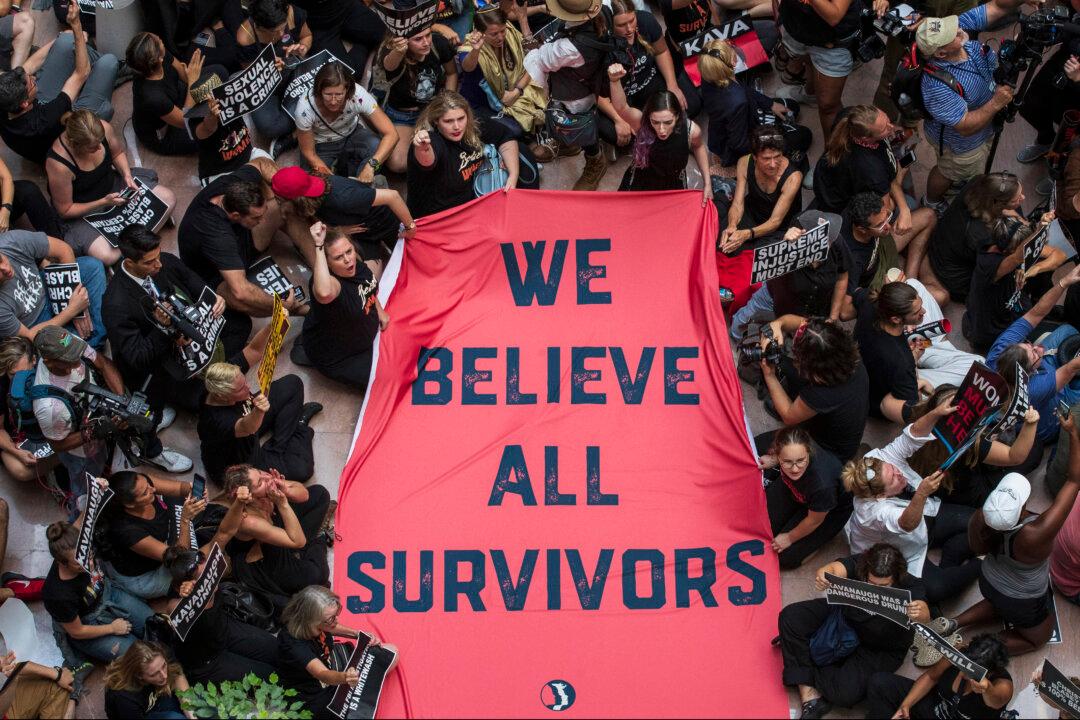Commentary
There’s a paradox at work in the public square. In a world of political correctness, which orients facts and values toward the left, it’s harder to be a liberal than it is to be a conservative.

There’s a paradox at work in the public square. In a world of political correctness, which orients facts and values toward the left, it’s harder to be a liberal than it is to be a conservative.